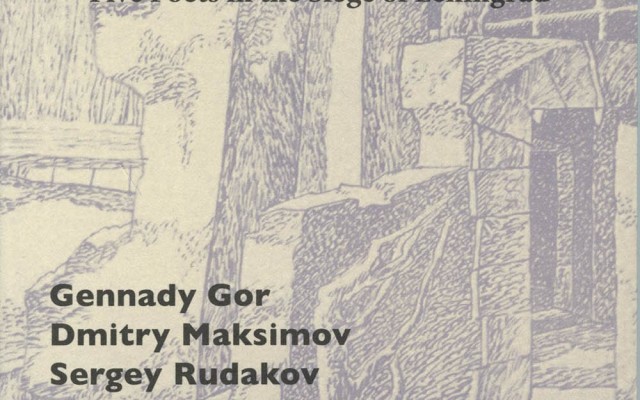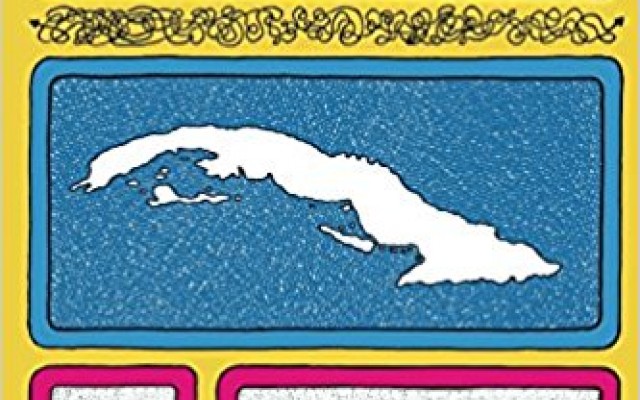Defining Translingualism

Even Americans, notorious for speaking only one language, have heard of lingualism: monolingualism, bilingualism, trilingualism, beyond which prefixes we usually quit enumerating and accord the enviable polyglot an all-purpose multilingual status.
But what about “translingualism”? Have you, monolingual or better, ever heard of that? Michel Laronde, professor of French and Francophone Studies at the University of Iowa, set about setting our lingualisms straight under this very banner at the fourth installment of the Iowa Translation Workshop’s spring colloquium series.
An umbrella term for all things multilingual, translingualism is highly relevant in today’s increasingly globalized world. Monolingualism, or the ability to speak one language, is “the zero term of translingualism,” said Laronde. Emphasis on the speak: monolingualism does not exclude formal reading knowledge of other languages. Hearing this, my heart sank. Am I, a soon-to-be card-carrying translator, monolingual? Perhaps not. While not beautifully fluent, I can stumble along in Russian and French if needed. Spanish, however, I cannot speak, although I understand a little. All told, I’m probably 1.75-lingual. Phew.
As Laronde parsed it for us, bilingualism seems more than twice as complex as monolingualism. It can be simultaneous (as when two languages are learned as native languages); or it can be sequential (as when a foreign language is learned with the end goal of attaining a command similar to native linguistic and cultural literacy). “It can be done!” Laronde cheerfully assured us on the good authority of having self-translated his own French scholarship into English.
With apologies to Derrida: as a practicing translator, broadly speaking, I don’t believe in untranslatability. It would put me out of a job! But Laronde introduced his listeners to an extremely useful pair of words in French that admittedly have no easy analog in English. Une version, Laronde explained, is a translation done into one’s native language(s), the direction in which most professional translations go, and the one we typically practice here in the Translation Workshop. The much more challenging thème is a translation done out of one’s native language, usually as a foreign-language teaching tool. Could that latter factor explain the word’s absence from the language of the nation of monoglots?
England, I’ma let you take this one.




